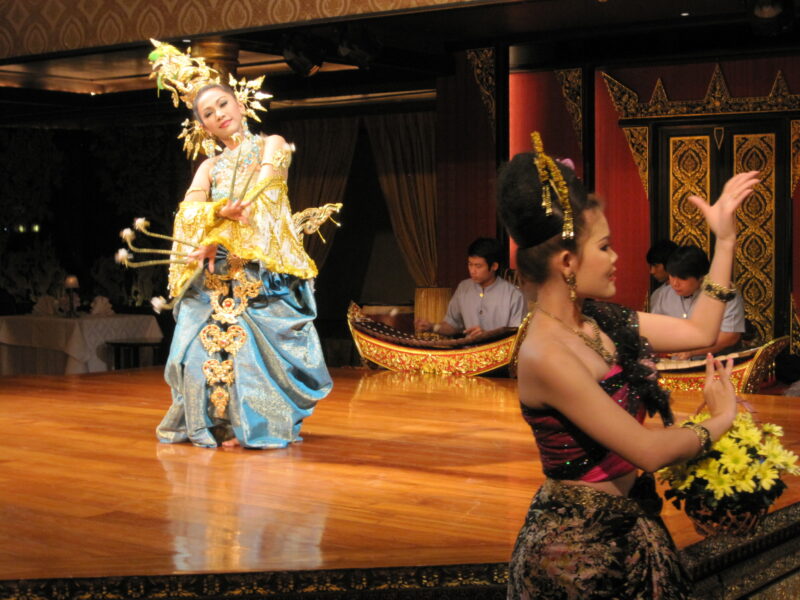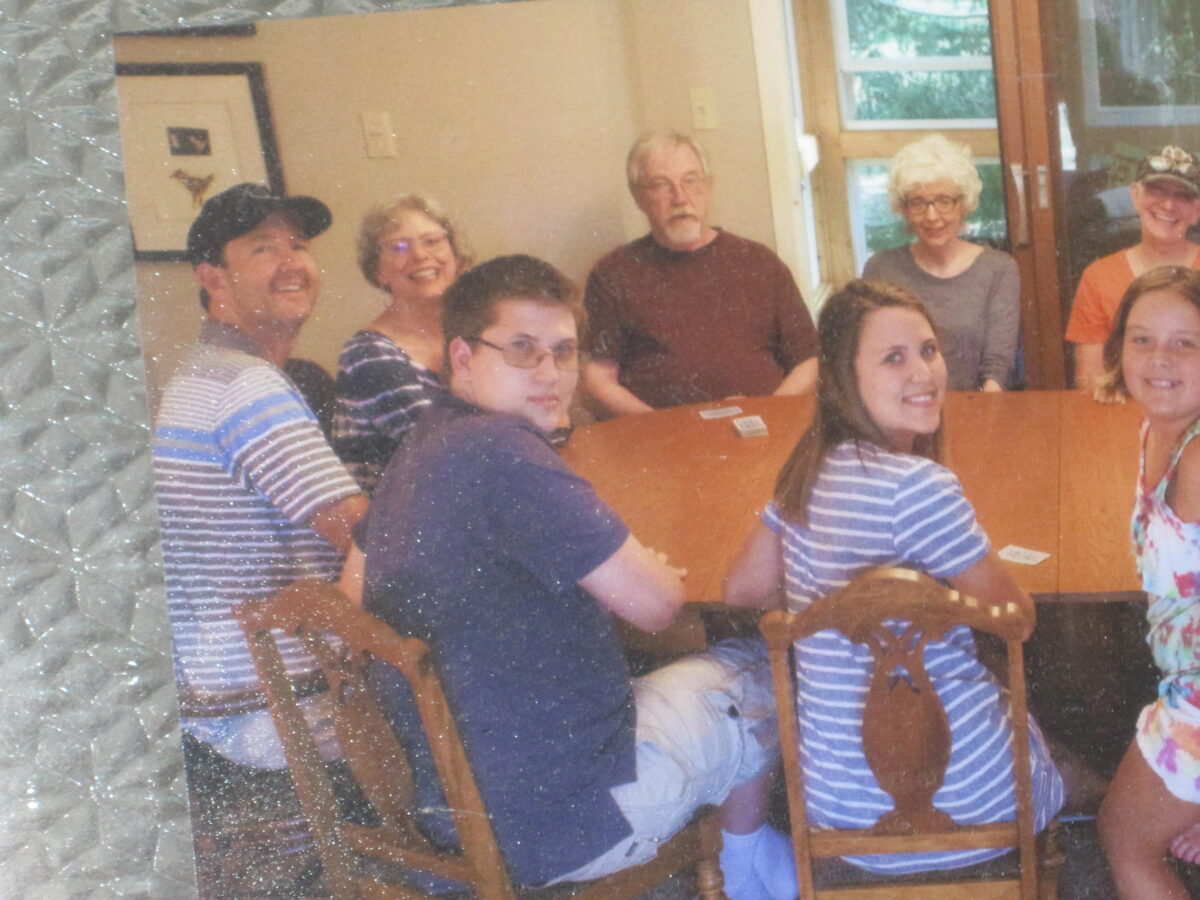“Where are you going?” my teacher said sharply to me. “What are you doing?”
After five years of practicing Tai Chi Chih online, it felt like a dream having her in my living room, and this made the clarity of her voice in my ears even more precise and jolting. We were practicing together in front of the fireplace and instantly, I knew the reason for her reprimand: once again, I’d short shrifted both the completion of the movement and hadn’t completed a complete weight shift.
I’ll tell you a little bit about what this means. Each of the nineteen TCC movements is capped off with a graceful conclusion—we bring both hands down in front just below the waist. We are encouraged to feel, in the palms of our cupped hands, the vital force energy that has been activated, circulated and balanced in the practice. At the same time as we conclude each movement, there is a weight shift from the left foot to the right, if we are working on the left side, and then reversed from the right to left on the right side. Whenever the shift happens, one leg becomes heavy/full, supporting the body more than the other foot. That leg is called the substantial leg. All the teachers say, “Make a complete weight shift!” which means spending some time feeling the weight bearing down on the substantial leg. It doesn’t take a lot of time—my teacher says it is, “a wink of time.”
My winks are often insubstantial, and the teacher sees this. Inside, I feel internal pressure to move on, to rush through the practice, to get things done. My tendency to rush is becoming more evident as I train to become an accredited Tai Chi Chih teacher.
After my teacher’s scolding, I thought to myself, “What do you suppose is behind my need to hurry?” Why am I in such a yank? As soon as I heard the word yank, a word I normally don’t use, my intuition led me to call my brother. I asked him if our parents had ever used the word yank. He thought for a moment and then remembered when he was a young boy, how our dad had yelled at his father (our grandfather): “Don’t be in such a yank.” I then remembered hearing this story about how, when demolishing an old chicken house, grandpa had been in such a rush with his ax that he almost killed his grandson. Apparently, this was one of many stories of his rushing behavior almost causing disasters.
When I used my dad’s words, it was not on another person, but on myself. I had been carelessly not paying attention to what I was doing. I didn’t give my full weight to the shift.
While not doing so in TCC probably won’t cause any disasters, it does interfere with me obtaining all the benefits related to slowing down during TCC practice. These benefits include lowered blood pressure, better digestion, and improved sleep. I certainly want all of those.
Does rushing interfere with any thing in your life?
IMAGE: Look how the dancer’s fingers are precisely positioned. I bet they don’t rush. Picture captured during our trip to Bangkok in 2013.








